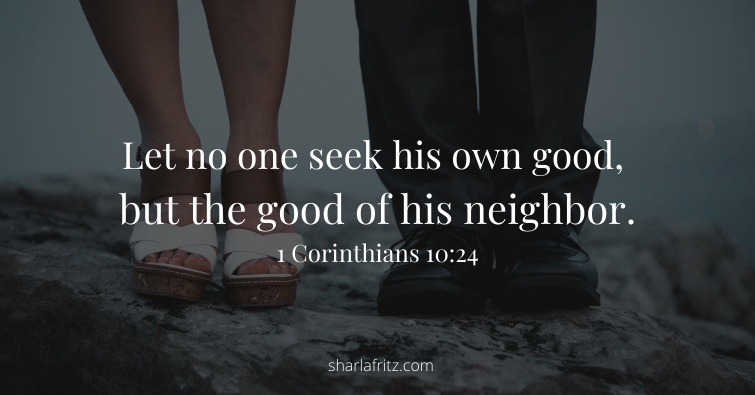
In the hazy spotlight of the corner streetlamp, three pre-teen girls moved to the music that rang out from the nearby portable record player. Hair flying. Arms waving. Hips swaying. Their feet stomped on the concrete driveway to the beat of “These Boots Are Made for Walkin’.”
Boots of Selfishness
Summer was our season. Mary, Jeanie and I didn’t see much of each other during the school year because we all went to different schools, but come June we splashed in the neighborhood creek, set up a lemonade stand, or played with our Barbie dolls in the basement rec room.
One year we had the great idea to put on a variety show for our parents. We spent a couple of weeks brainstorming ideas for the show, hunting for jokes in old Reader’s Digest magazines, and rehearsing our skits and dance numbers. Our skits were very cerebral. In one scene, I acted as a patron of a restaurant. Jeanie took my order for soup and swiftly set a bowl in front of me on the card table prop. I began to eat, but suddenly stopped and screamed, “Waiter, there’s a fly in my soup!” and immediately yanked one of our little brother’s Creepy Crawlers out of the water in the bowl. Every rehearsal we snorted with laughter. (Go figure.)
We also wanted to be sure to include the old pie-in-the-face gag, but didn’t know what we could use for the pie without our parents suspecting something. Ultimately we decided that one of the girls would sneak her father’s shaving cream out of the bathroom and squirt it into an aluminum pie plate. Poor Mary was the recipient of the eye-stinging mess!

Finally the big night arrived. Stage? Our driveway. Seating? Lawn chairs. Refreshments? Popcorn and lemonade. The finale was our big dance number. Jeanie had the popular new 45 by Nancy Sinatra. Our arms flailed in an effort to dance “the monkey.” Our heads bobbed and swayed. Our feet did their very best to imitate the moves we saw on “American Bandstand.” All the while Nancy’s voice rang out from the record player, “These Boots Are Made for Walkin’.”
We had a blast and our parents enjoyed the evening of home-grown entertainment. It was a great way to spend our summer vacation.
Putting on Shoes of Love Instead
Lately, I’ve been thinking that Nancy’s old song pretty much sums up how we treat one another in this world. Wearing our boots of selfishness and tromping on others to get our own way seems so natural. In fact, it is part of the human condition. Since the moment Adam and Eve listened to the serpent’s lies, we humans have been more concerned about ourselves than those around us.
I can’t abandon the boots of selfishness on my own. But Christ can help me to put on shoes of love instead of selfishness. With Jesus, I am able to wear shoes of sacrifice instead of self-centeredness. These new shoes will be shoes of life, bringing a spring to my step and energy to my days. Walking through life will be much easier with shoes of grace and purpose. And instead of walking all over you, I will walk toward you, ready to serve you in Jesus’ name!
Next step: Pray this prayer to help you wear the shoes of love: Heavenly Father, my human nature tends to walk over other people instead of caring for them. Help me to see the people in my life as You see them. May I see their needs and not just my own. In Jesus’ name. Amen.

Excerpted from Divine Design: 40 Days of Spiritual Makeover used with permission by Concordia Publishing House
For more information about this 8-week Bible study, check it out on Amazon or at CPH.org.



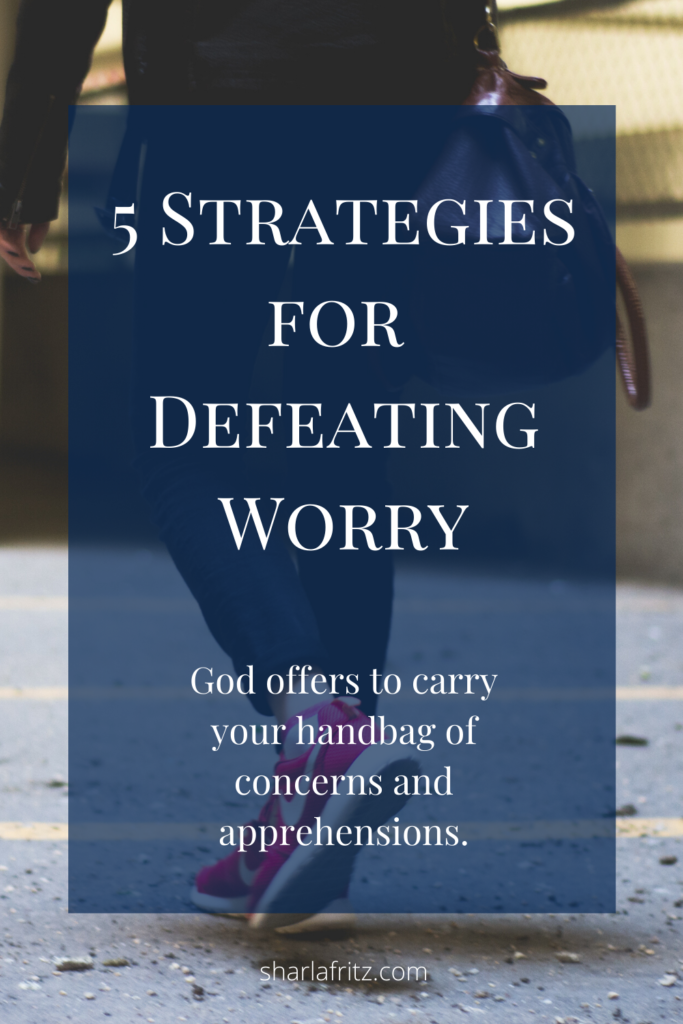



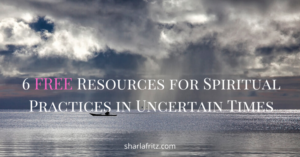
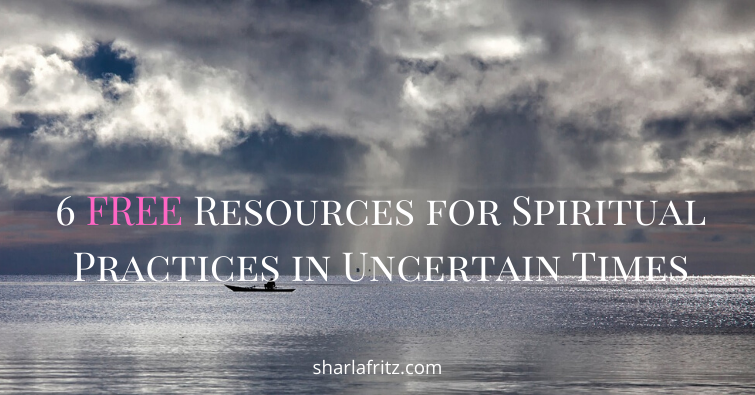

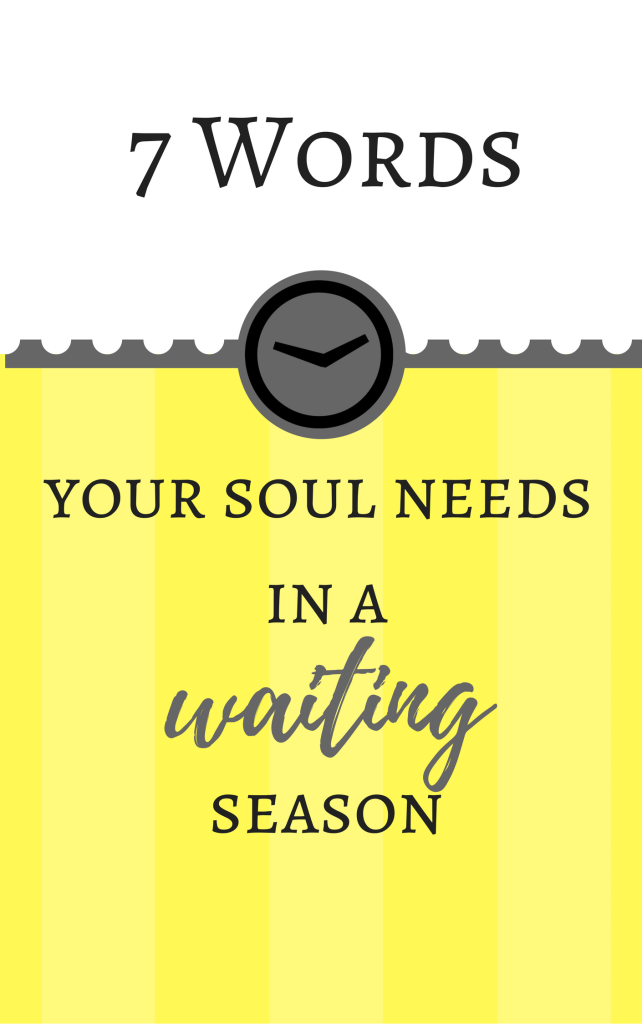

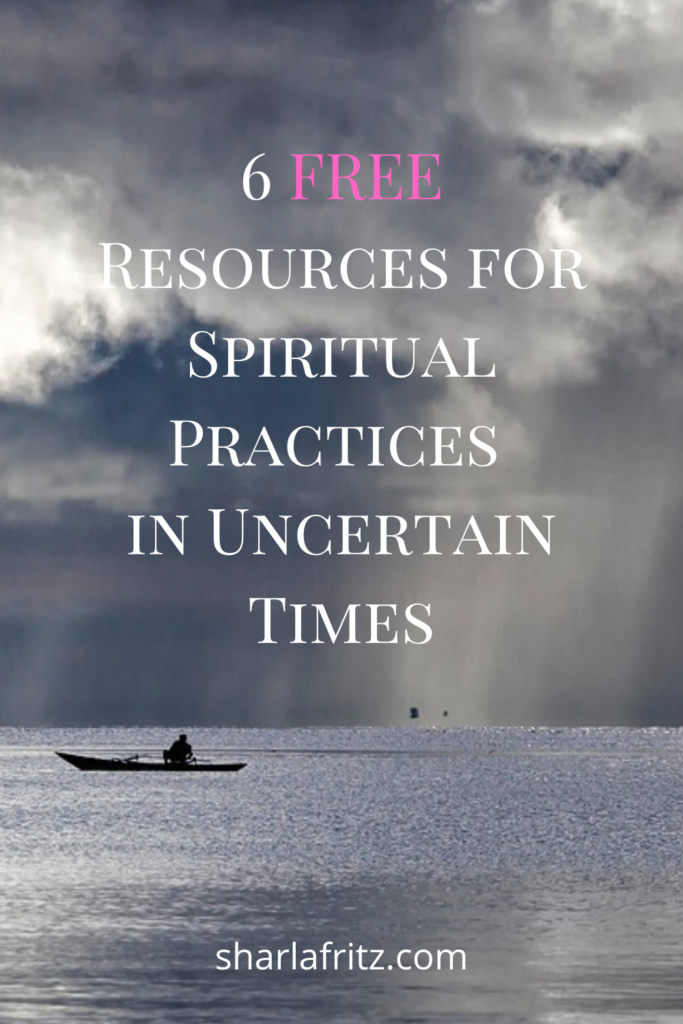
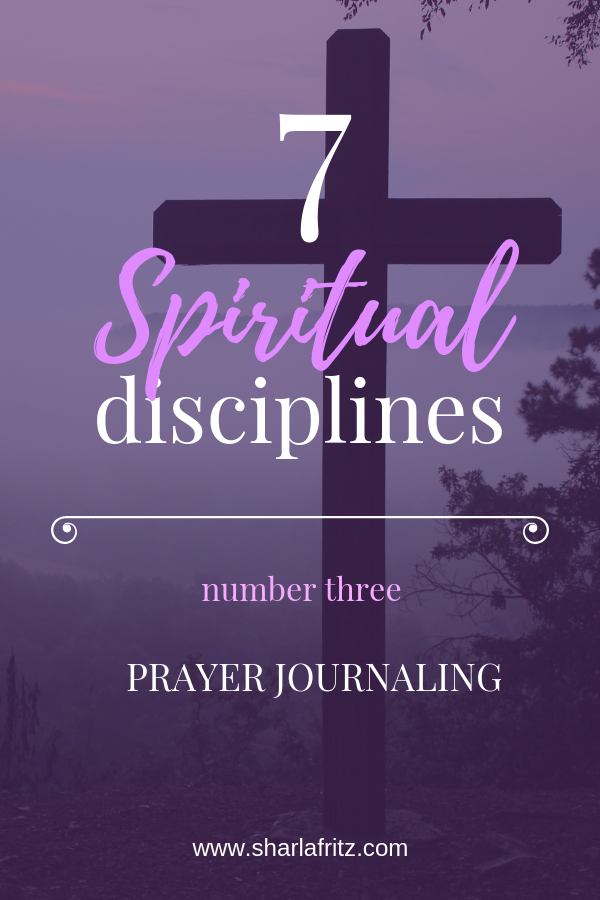
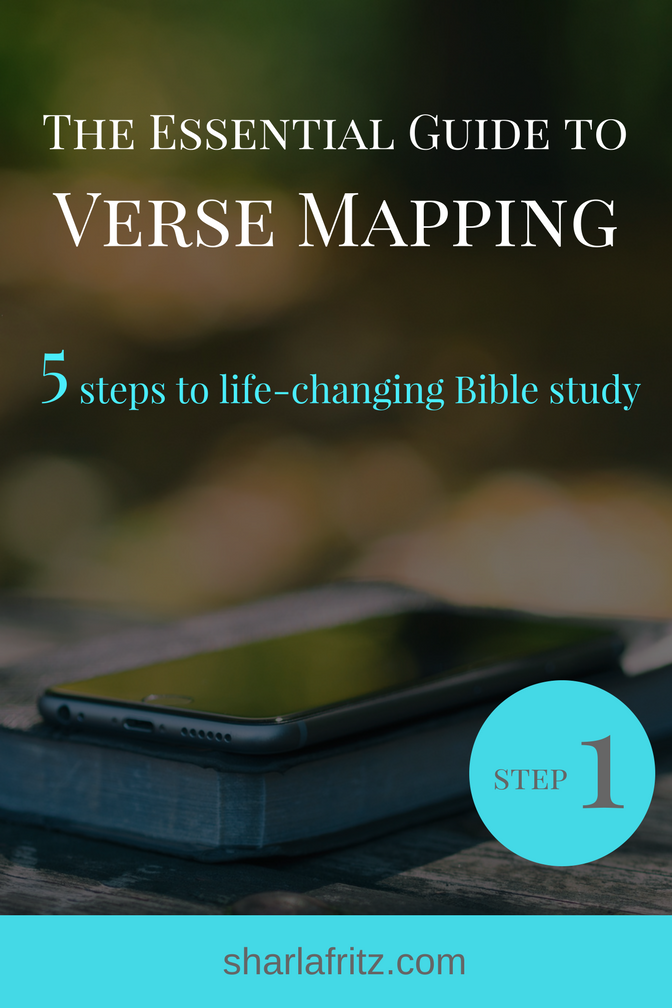

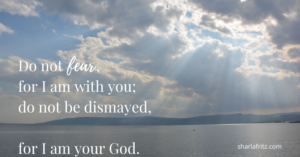
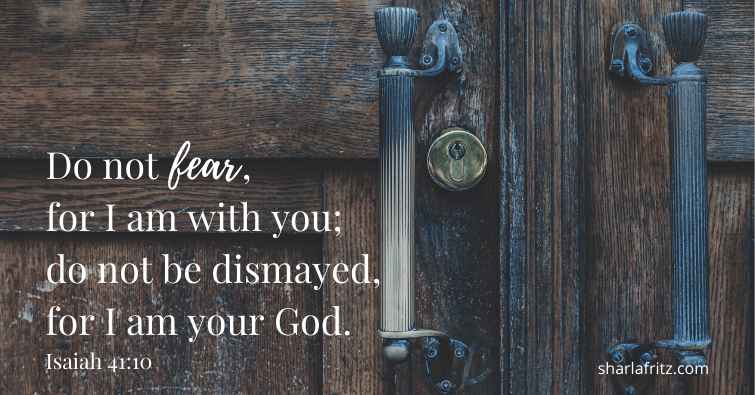

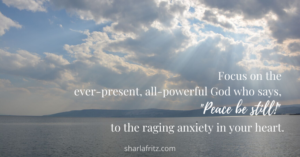
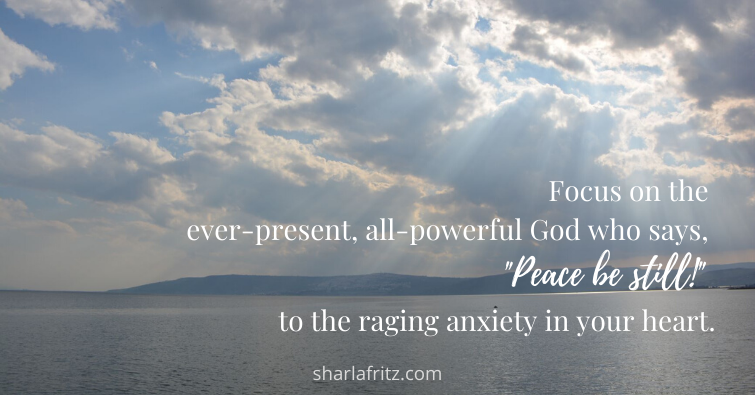


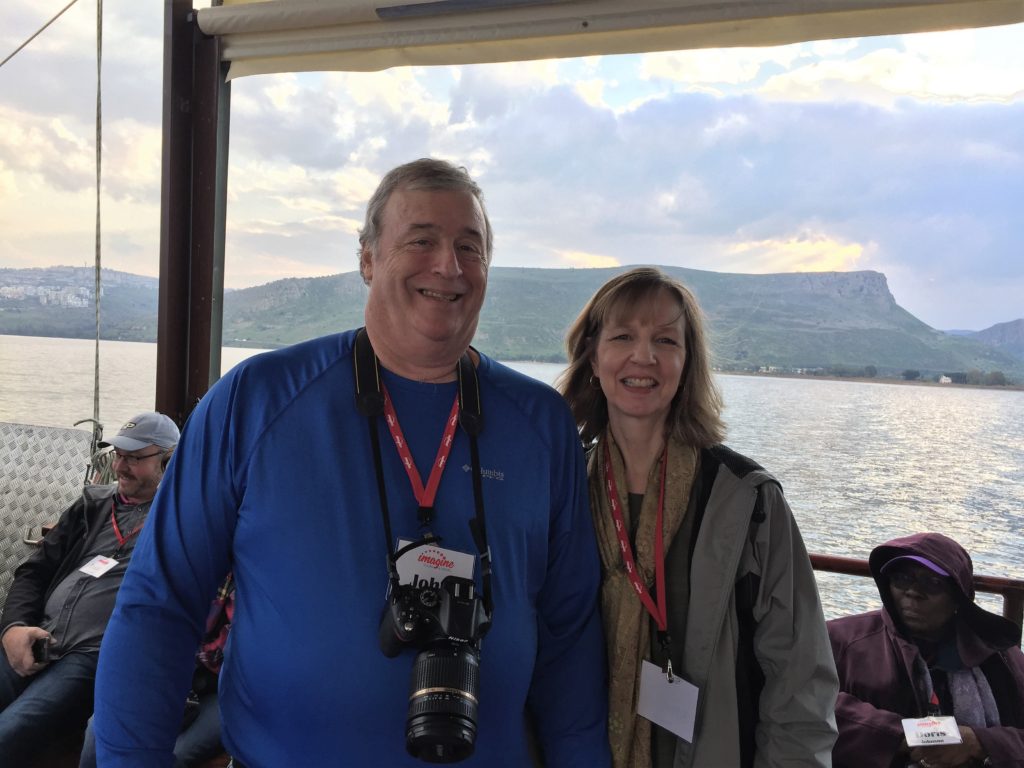
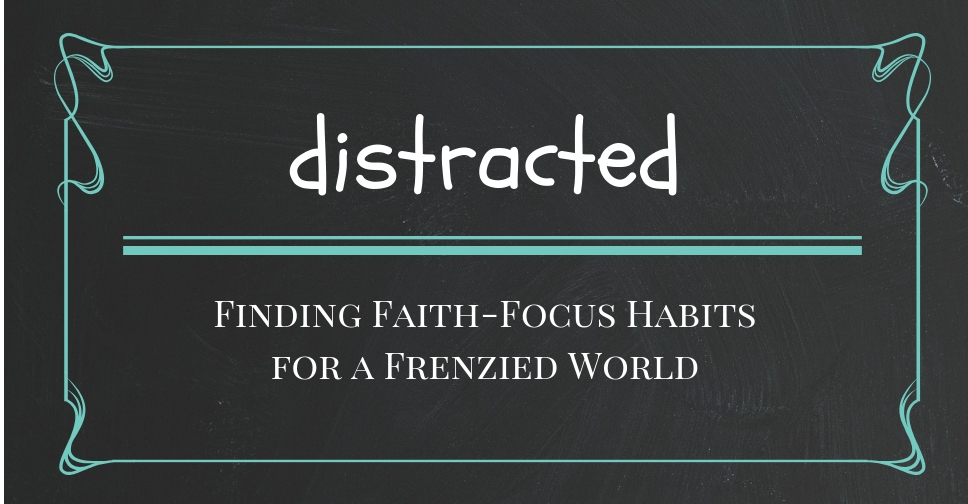
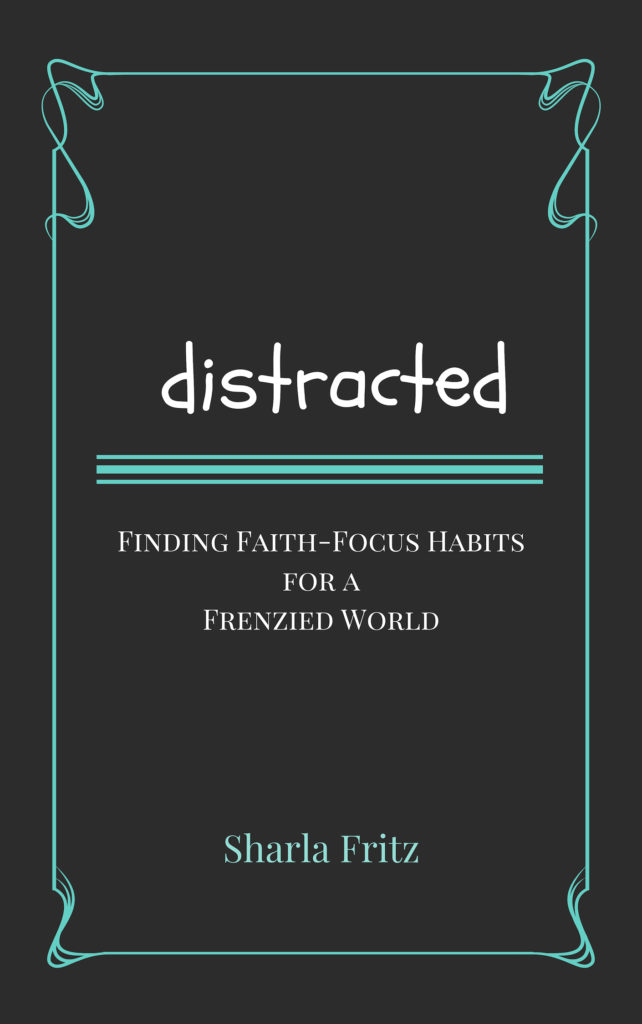



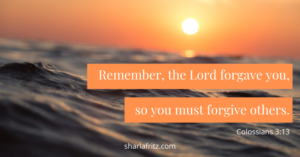
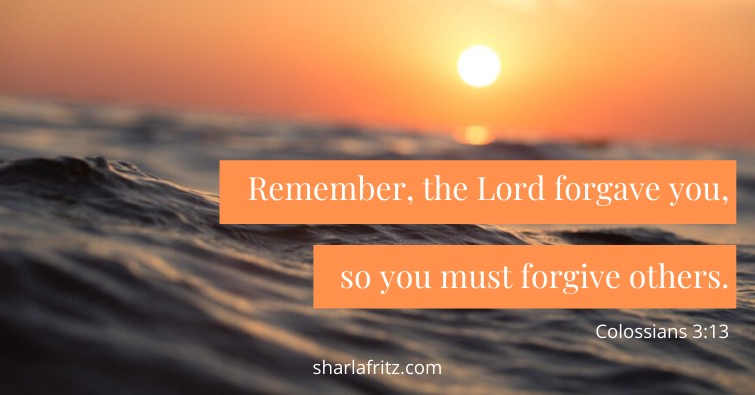



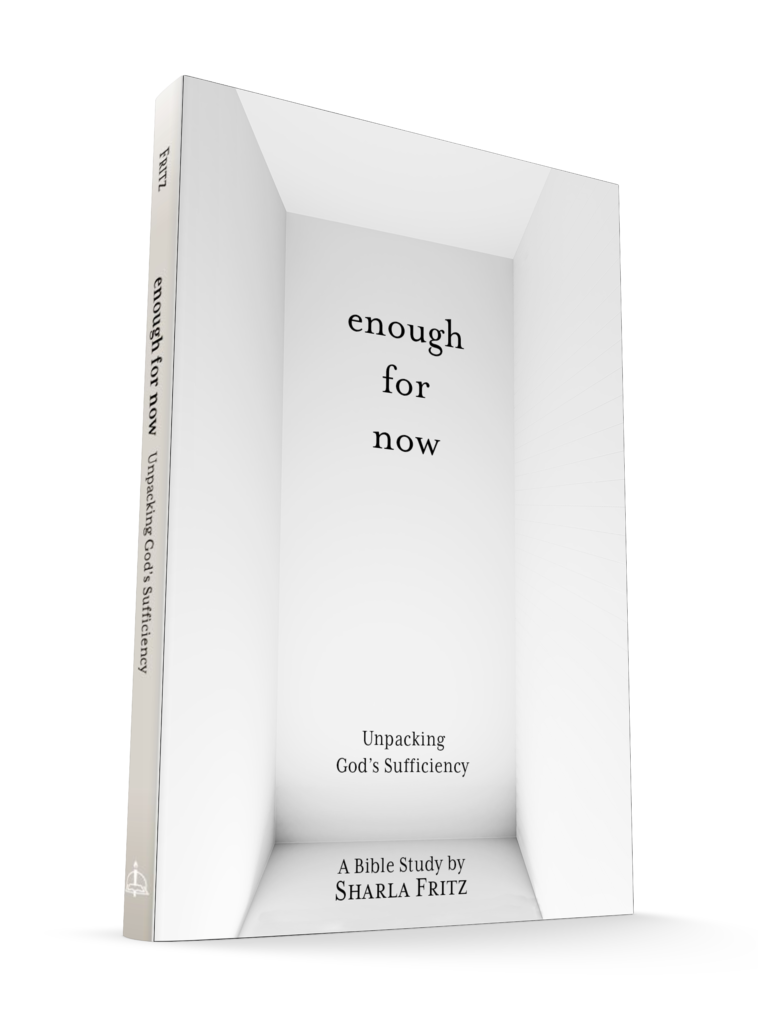
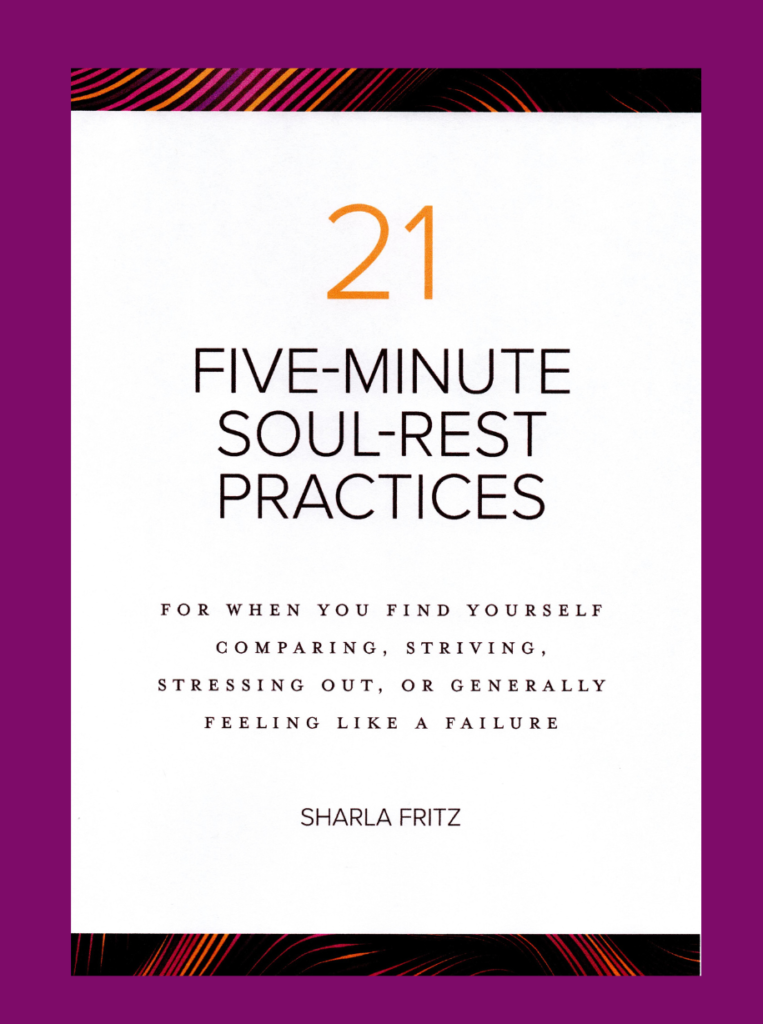

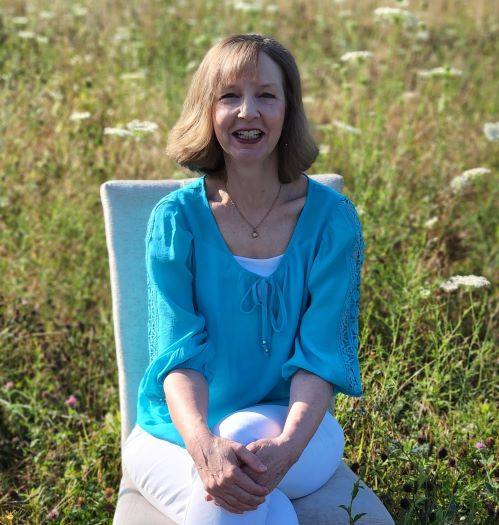
Follow Me!